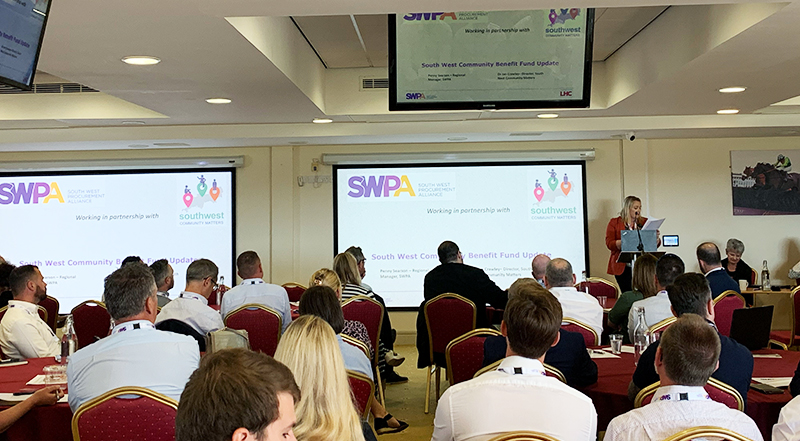Measuring social value on construction and maintenance projects
At our most recent conference we asked 99 colleagues, clients, and consultants a set of questions, and the answers they came up with were useful and enlightening. This was a great opportunity to get an informative insight into what others wanted to share on the subject. Take a look at the questions we asked and what feedback we garnered, from this invaluable experience.
1. What are the key social value, community benefit drivers and themes in your organisation?
There were no great surprises here, with the theme of employment and training being mentioned by the majority. One valid point made by the consultants, was that it is sometimes hard for them to meet social value expectations within bids. This is because at times, they don’t have as much potential for offering social value, apart from inhouse training.
It was also highlighted that providing locally based benefits to the community in which the work took place was required, and that environmental benefits and enhancing biodiversity is becoming more significant. Supporting locally based charities was mentioned as a way of providing social value if there were no direct options. It was also stated that whatever social value themes are decided on, they should align with the business objectives and strategy of the subsequent organisation.
2. How do you currently track the delivery of social value in your organisation, and what model or tool do you use?
The majority of people said they used bespoke means – usually spreadsheets for capturing performance pertaining to social value, with many projects using bespoke calculators. Additionally, some used the TOMs calculator from the social value portal. Other tools mentioned were B Corp, the Carbon Capture Model, and the RIBA social value calculator.
It was mentioned that a number of these means of measurement were complicated and took a lot of time to use, and that the monetary benefits that were produced in some cases seemed to bear no relation to the input.
3. Examples of social value and community benefit initiatives the organisation has undertaken in past few years.
The specific initiatives delivered mirror the key themes closely, with many people citing examples of training and apprenticeships offered. The training academies set up by some major contractors were highlighted. Representatives from Cormac who are wholly owned by Cornwall Council, mentioned that they place a requirement on their contractors to deliver 40p from each £1, towards social value. Supporting community gardens and allotments was another example of the current efforts towards maintaining and improving the environment and biodiversity as well.
Additionally, having a dedicated social value champion or member of staff was stated as a valuable asset to allow appropriate focus and coordinate activities too.
4. What are your thoughts on how LHCPG currently address social value in the framework procurements? What improvements would you suggest?
It was acknowledged by all attendees that it was difficult to assess and rank the social value offerings from consultants and contractors at framework level, as most social value is delivered to specific projects.
Some very useful recommendations were made specifically to:
- A diversity of requirements are needed for different organisations, as one size doesn’t fit all.
- Optimisation to differentiate between different scale organisations and proportionate questions tailored to the size of the potential contracts. A matrix of tiered questions was also suggested.
- Clarity in regard to what is being asked for, both at tender and contract stage, was mentioned by a significant number of people.
- Some efficient measurement and reporting tools which could be used when undertaking projects would be most useful and welcome.
If you have any thoughts or suggestions around how to measure social value or would like to discuss potential options, please do get in touch with Dean Fazackerley, Head of Procurement at LHC Procurement Group or talk to the local SWPA team.


